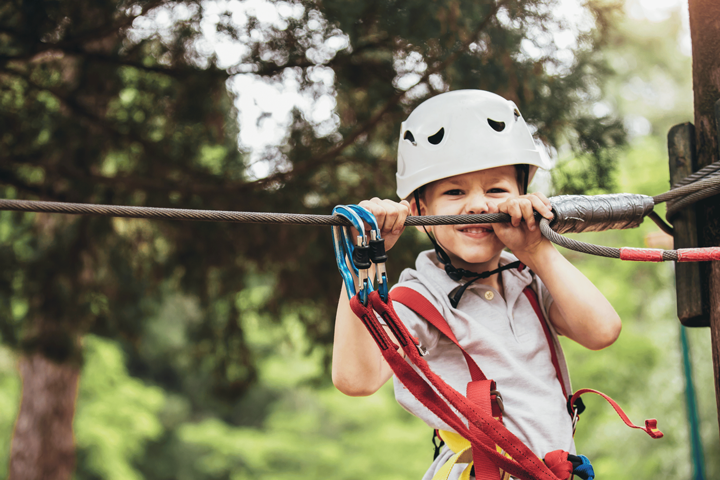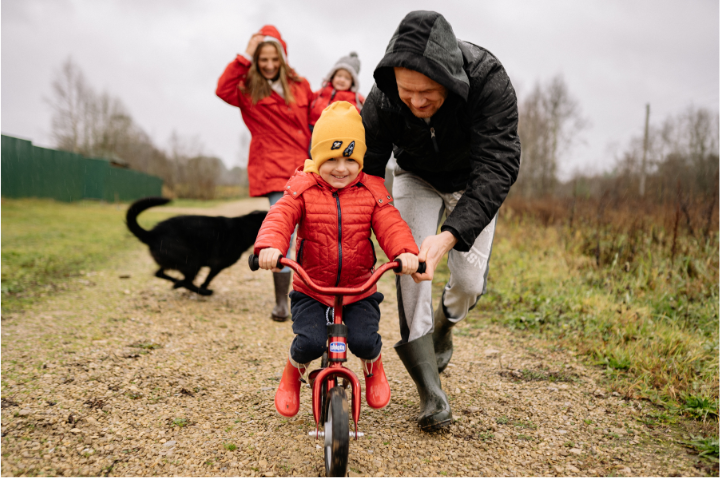Teaching children to be brave is a hugely important part of their development. Teaching children this essential life skill develops their emotional resilience, boosts self confidence and independence and can help children overcome and learn how to manage anxiety.
Being Brave to build Confidence
When you take yourself back to an experience where you had to be brave in order to better yourself, it probably throws up lots of feelings: fear, insecurity, uncertainty, nervousness, the list goes on. It is human nature for this to sometimes feel very uncomfortable, however, if we view these feelings as opportunities for growth, the mindset switches to a more positive and helpful environment, one that empowers and supports the learning journey.
Like all qualities, bravery can be ever-changing, depending upon the situation, emotions and mindset at the time. Brave kids can experience the rewards of confidence, resilience and a sense of feeling proud which, in turn, can motivate them to continue trying new experiences and challenges.
Learning to be Brave
Create a Sense of Safety
If a child feels safe in both their environment and their relationships, then they will want to give new things a go and will be easily face, or challenge, their own fears. Children often feel a deep sense of shame so minimizing this emotion through a sense of safety will help them to find courage and be brave.
Tips for creating a sense of safety
Helpful statements you can share: “It’s great to try new things and it doesn’t matter if it doesn’t work, we are learning!”
- Share positive statements – “It’s great to try new things and it doesn’t matter if it doesn’t work, we are learning!” or “Give it a go or you’ll never know!” are great places to start alongside ample praise when the child is brave
- Talk about events positively – draw on the good bits and work through the parts that didn’t quite go to plan, finding next steps or solutions. This allows the door of opportunity to remain open rather than a “I’m not doing that again” mindset
- Model behaviour – how you behave and respond to challenges is very important as children learn so much from their parents and key adults in their life. You are their real life role models so demonstrating bravery and courage yourself allows children to watch you step outside of your comfort zone
By embracing and implementing these tips you are not only building a sense of safety and self esteem but also strengthening your relationship too!
Build Courage & Confidence
Children need to feel confident to try new things. They also need to know they are not being judged when things don’t quite go as expected or they make mistakes which then enables an opportunity for growth from the experience rather than resulting in regression. Many children don’t feel like they are allowed to make mistakes, this comes back to a lack of agency and essentially disempowerment within their lives so approaching situations with positivity will help children to grow in confidence and develop their bravery.
Tips to boost confidence:
- Ask children their opinions about things, from day-to-day life, moving into more in-depth conversations when they are ready. This creates a sense of worth and confidence in their family social groups.
- Listen authentically to your child and teach kids to do the same.
- Turn up non-judgmentally, building safety within the relationship
- Praise where it is due; picking your time to praise will carry more value than drowning them in praise all of the time.
A Positive Mindset
Finally, mindset is crucial and something that can sometimes be the hardest battle of all, particularly if your child is used to feeling like they don’t want to try something new because they don’t want to fail. This is a natural, normal response of the mind and body building barriers in order to protect itself. However, if we can coach the mind into seeing the challenge as a growth opportunity, suddenly we are now living our best life allowing discovery, curiosity, building courage and enjoying personal growth!
Examples of a fixed and growth mindset and one that, over time, you can retrain your brain to adopt, moving from self-doubt to self-belief:
- I can’t do it – I can try my best
- This is too hard – I can do hard things!
- I will not win – Let’s enjoy playing
- I failed; I’m not doing that again – It’s ok, I am learning
Meeting your positive mindset with a compassionate response enables you to try again next time, building bravery one step at a time. Support Youth Mental Health Day by making a start to building brave little ones.












